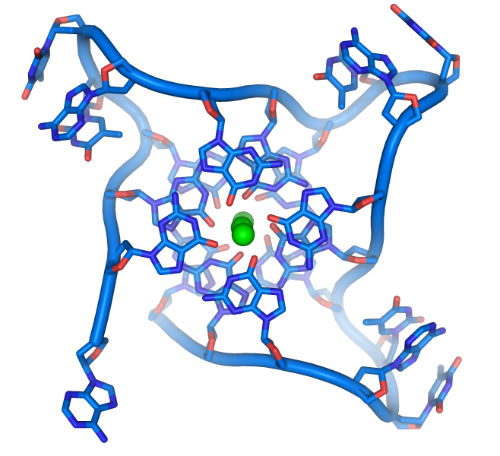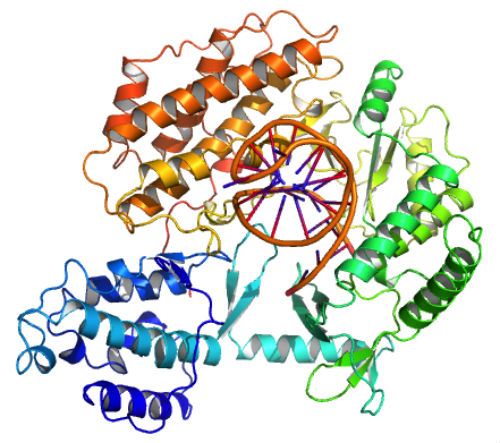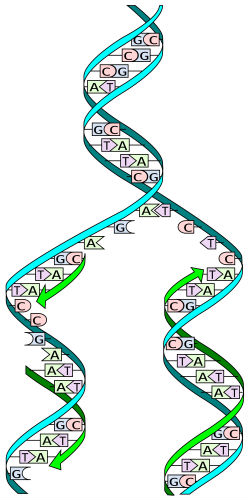- Telomerase activity is associated with successful DNA replication.
- Studies link psychological stress, mental disorders, lifestyle factors, and interventions with variations in telomerase activity.
- There are many potential molecular mechanisms underlying the changes in telomerase activity affected by psychological stress, mental disorders, and lifestyle factors.
Looking for a physiologic explanation for that skeptical patient as to why stress is bad and exercise is good? The results of a recent meta-analysis provide some answers. The findings indicate that psycho-emotional stress, mental disorders, and a variety of lifestyle factors can significantly decrease telomerase activity in humans. Conversely, the study, published in Psychoneuroendocrinology, found that physical exercise, diet micronutrient supplementation, mindfulness meditation, Qigong practice, and yoga mediation resulted in increased telomerase activity.
The study included prospective or retrospective studies and interventions published up to June 2015 that reported associations between telomerase activity and psychological stress, mental disorders and lifestyle factors. Overall 26 studies in humans and animals were included.

What is Telomerase?
Telomerase, also called telomere terminal transferase, is a reverse transcriptase enzyme that carries its own RNA molecule (with the pattern of "CCCAAUCCC" in vertebrates), which is used as a template when it elongates telomeres. This ribonucleoprotein adds the polynucleotide "TTAGGG" to the 3' end of telomeres, which are found at the ends of eukaryotic chromosomes. A telomere is a region of repetitive sequences at each end of a chromatid, which protects the end of the chromosome from deterioration or from fusion with neighboring chromosomes.

Is Increased Telomerase Activity a Good Thing?
In this meta-analysis, increased telomerase was generally associated with positive, beneficial activities such as meditation and exercise, and decreased activity was associated with psychological and physiologic stress.
For instance, among the 26 studies analyzed in the Psychoneuroendocrinology study, 3 reported significantly decreased telomerase activity in individuals under chronic psychological stress. Interestingly, one of these studies found that acute laboratory psychological stress significantly increased telomerase activity. This study may have been an outlier.
Among the other studies, 9 reported mixed results on the association between mental disorders and telomerase activity. Of these, 5 found that major depressive disorder (MDD) was associated with significantly increased telomerase activity. In 13 out of 14 studies of lifestyle factors, physical exercise, diet micronutrient supplementation, mindfulness meditation, Qigong practice, and yoga mediation resulted in increased telomerase activity.
In addition, 2 studies in animal models found that depression-like behavior was associated with decreased hippocampal telomerase activity. Among the included animal studies 5 showed that physical exercise increased telomerase activity in a cell-type-specific and genotype-specific manner.

The Clinical Picture
“Although multi-facet results were reported on the association between telomerase activity and psychological stress, mental disorders and lifestyle factors, there were some consistent findings in humans,” the researchers reported.
Among these:
- Decreased telomerase activity was found in individuals subjected to chronic stress.
- Increased telomerase activity was observed in individuals with MDD.
- Increased telomerase activity was found in subjects who were practicing lifestyle interventions.
According to studies conducted in animals, physical exercise increased telomerase activity in specific cell-types. However, the exact mechanisms for the changes in telomerase activity have not been elucidated. “We propose conglomerate models connecting chronic psychological stress, depression, mediation, and physical exercise to telomerase activation,” the authors concluded.
